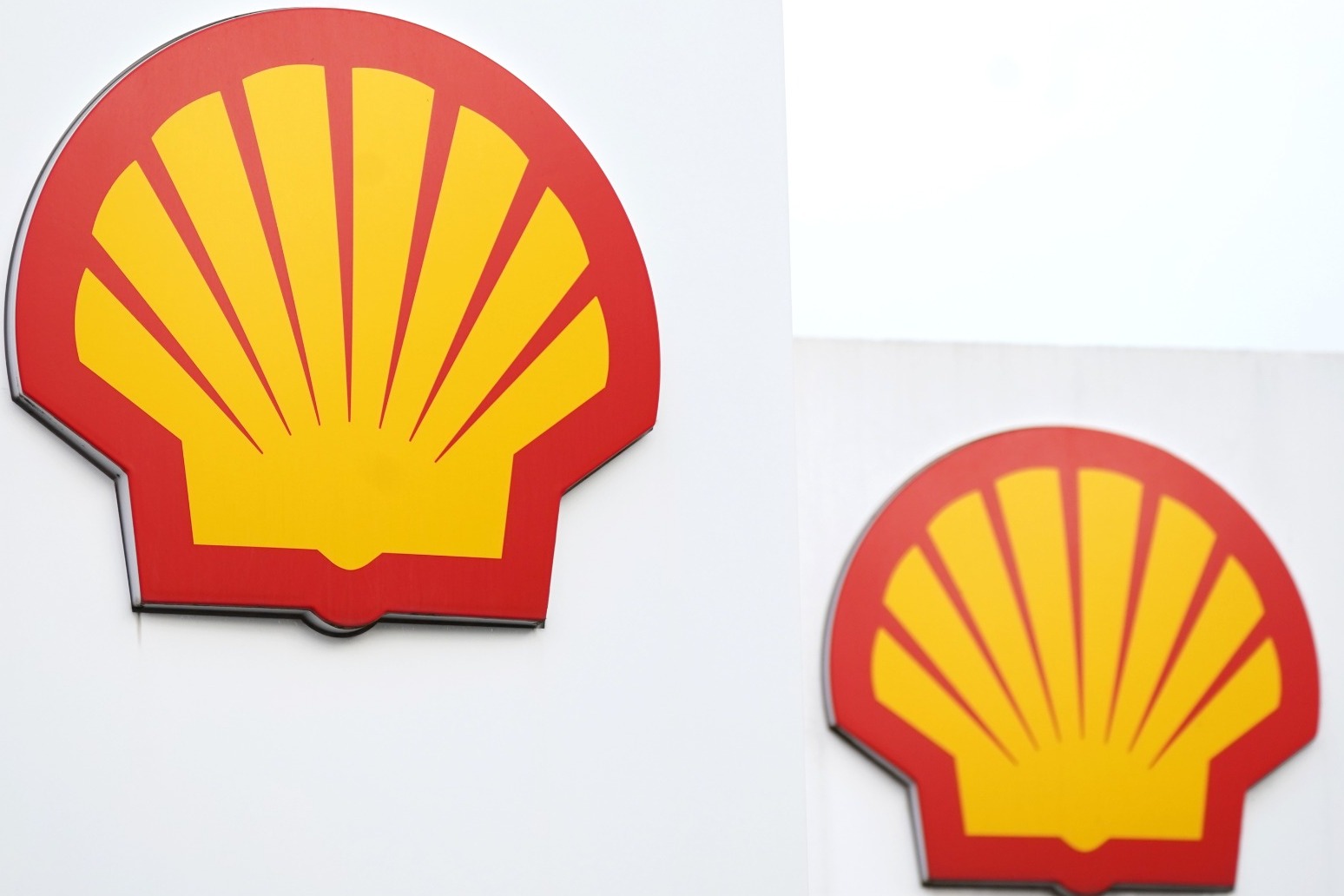
Shell has been accused of making a “climate-wrecking” and “utterly destructive” U-turn on plans to cut oil production by 1-2% per year until the end of this decade.
The oil major said it planned to keep the amount of oil that it extracts from wells around the world at the same level as today and announced bumper new payouts for shareholders.
The announcement on Wednesday has sparked an outcry from climate experts, activists and politicians, who are urging Shell to reconsider the decision.
Using data from energy analysts Rystad, campaign group Global Witness estimates that the U-turn means Shell could now produce an average 29 million tonnes of extra carbon per year – almost as much as Denmark emits annually – compared with what it would have emitted if it reduced production by 2% year on year between 2023 and 2030.
They said that by 2030, Shell’s extra estimated emissions would be as much as Spain – one of Europe’s largest polluters – produces in one year.
Jonathan Noronha-Gant, senior campaigner at Global Witness, said: “Record profits, off the back of the energy crisis should be boosting up green investment.
“Instead it’s shareholder pay-outs and a doubling down on climate-wrecking fossil fuels. It will always be profit over people and planet for polluters.”
The Green Party accused Shell of betraying people and planet with co-leader Carla Denyer calling it “pure climate vandalism”.
MP and party co-leader Caroline Lucas added that the move is “utterly destructive”.
“Fossil fuel giants like Shell are climate criminals, polluting our planet at will, and reaping record profits for their own shareholders,” she said.
“Shell and other fossil fuel companies mustn’t receive a single penny in public subsidies when they’re willing to treat our people and planet with such recklessness – or else this Government will be even more complicit in their climate crimes.”
Shareholder activist Mark van Baal, founder of Follow This which tabled climate resolutions at oil majors’ annual general meetings, warned that the Shell’s growth of fossil fuels is “on a collision course” with the Paris Climate Agreement, which calls for almost halving carbon emissions by 2030.
Last month, the Follow This resolution at Shell gained 20% of votes, enough to be considered a shareholder rebellion.
“The new CEO Wael Sawan would not dare to grow Shell’s fossil fuel output if more institutional investors had voted in favour of the Follow This climate resolution requesting Paris-aligned targets,” he said.
“Sawan still has to answer these 20%.”
Richard Black, co-lead, Net Zero Tracker (ECIU) added: “Shell’s announcement shows that its priority continues to lie in paying money out to shareholders rather than investing in exploration, indicating a realisation that the long-term trajectory of oil demand is downwards.”
Meanwhile, Charlie Kronick, senior climate adviser at Greenpeace UK, said Shell is now “showing their true colours”.
“The writing is on the wall for oil and gas but Wael Sawan is refusing to read it. Fossil fuel greed is putting all of us at risk,” he added.
Production from oil and gas reservoirs naturally declines by around 5% every year, so maintaining production at current levels will require major investment from the oil giant.
Two years ago Shell said that the eight billion dollars (£6.3 billion) it planned to invest was “well below” the investment required to offset this decline.
Shell argued that it has already met the 2030 oil reduction target, seeing its production drop from 1.9 million barrels of oil equivalent per day in 2019 to 1.5 million in 2022.
The firm has reduced the amount of oil it produces by selling off oil fields to other companies, who continue to extract fossil fuels from them.
Shell also announced on Wednesday a major new incentive for shareholders, as it said it would pay them at least five billion dollars (£4 billion) by buying back their shares in the second half of this year.
Mr Sawan, who is trying to please investors who have seen Shell’s shares trade lower than some of its rivals, said that the dividend would rise by 15%.
The new chief executive, who will address shareholders at Shell’s Capital Markets Day in New York later, said: “We are investing to provide the secure energy customers need today and for a long time to come, while transforming Shell to win in a low-carbon future.”
Shell told PA that Global Witness’s claims about the projected increase in its emissions are “nonsense”, reiterating that it hit its reduction target eight years early.
Published: by Radio NewsHub










